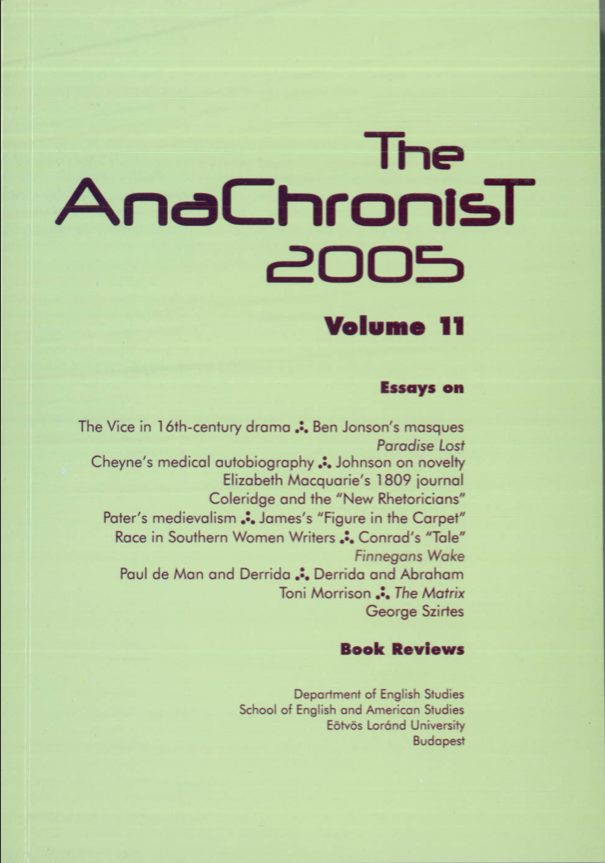'anythongue athall'
The Metathematisation of Language Identity in Finnegans Wake
DOI:
https://doi.org/10.53720/CMFO4606Abstract
This paper describes the ways Finnegans Wake impresses on its readers both the freedom and the necessity of multiple-language contextualisation of its linguistic items as a way to maximising meaning. As a consequence, this throws into doubt the routine assumption, made as a prerequisite for any act of reading or understanding any text, that the text in question is in a given language, or, in other words, that as an initial move in an act of reading the reader routinely assigns a language identity to the text. Thus Finnegans Wake problematises the language identity of its text as well as the routine assignment of a language identity to any text by its reader. In the act of reading Finnegans Wake, however, this foregrounding or thematisation gives rise to a concurrent higher-order act of metathematisation, where thematisation itself is thematised, with the result that, alongside specific assumptions about the language identity of a specific text as well as about the routine assignment of such an identity, more general or higher-order assumptions underlying the very notion of language identity are foregrounded and thus problematised. Through the radical "deviancy" of its text, Finnegans Wake is essentially "about" its own reading and, through metathematisation, it is also "about" reading, or the interpretative process, in general. The latter will be shown to involve the problematisation of several of our most general assumptions about language and literature we routinely and tacitly make whenever we embark on an act of reading, or interpretation, of any "normal" or "ordinary" text.

